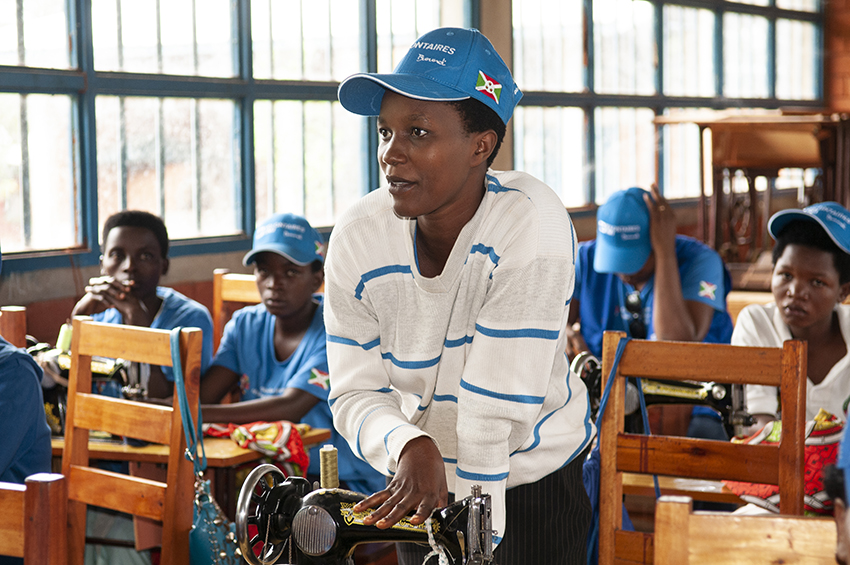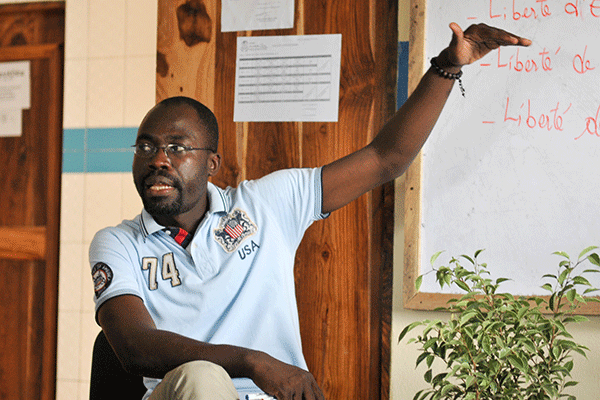Istanbul International Centre for Private Sector in Development
Impact Investing
Impact investing is defined as the deployment of funds into investments that generate a measurable and beneficial social or environmental impact alongside a financial return on investment. An innovative way of boosting the private sector’s contribution to sustainable development can be achieved with impact investing.

Impact investing seeks social and environmental return along with financial return, occurring across asset classes, including private equity and venture capital, as well as debt.

Impact investing has gained importance and awareness in several countries, the philanthropic sector, top business schools and investors.

The disparity between supply and demand creates a challenge for investors to find enough scalable investment opportunities.

IICPSD and the Islamic Development Bank joined forces in 2015 to support scaling-up impact investment opportunities in the Organisation of Islamic Cooperation countries and beyond.
Our Work
The Global Islamic Finance and Impact Investing Platform (GIFIIP) was launched to connect Islamic impact investors and public or private funds with impact enterprises, following the partnership between IICPSD and the Islamic Development Bank (IDB) in 2015. The platform helps promote peer learning, advocacy, deal sourcing and matchmaking to advance inclusive financial systems worldwide.
IICPSD conducts extensive research on Islamic Finance and Impact Investing. For example, the report, ‘I for Impact: Blending Islamic Finance and Impact Investing for the Global Goals’ was launched in 2017.
The Center has also been supporting multiple UNDP country offices to better understand and define new financial instruments that are able to mobilize large amounts of private capital for the SDGs.

 Locations
Locations